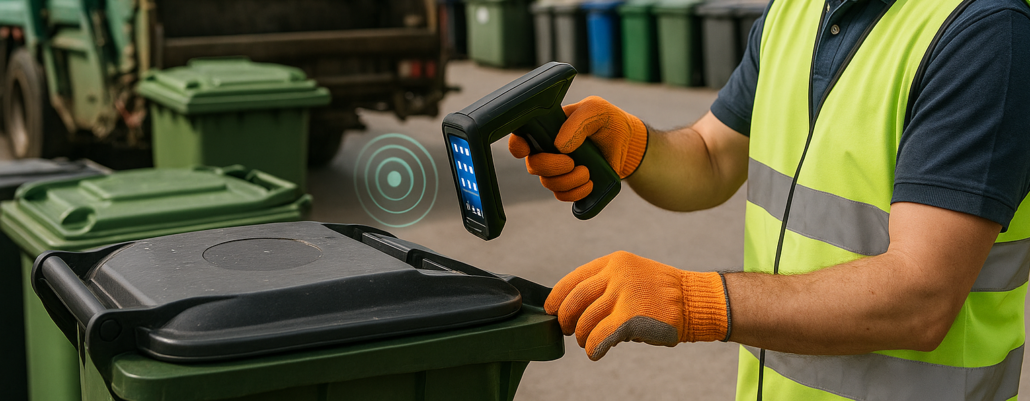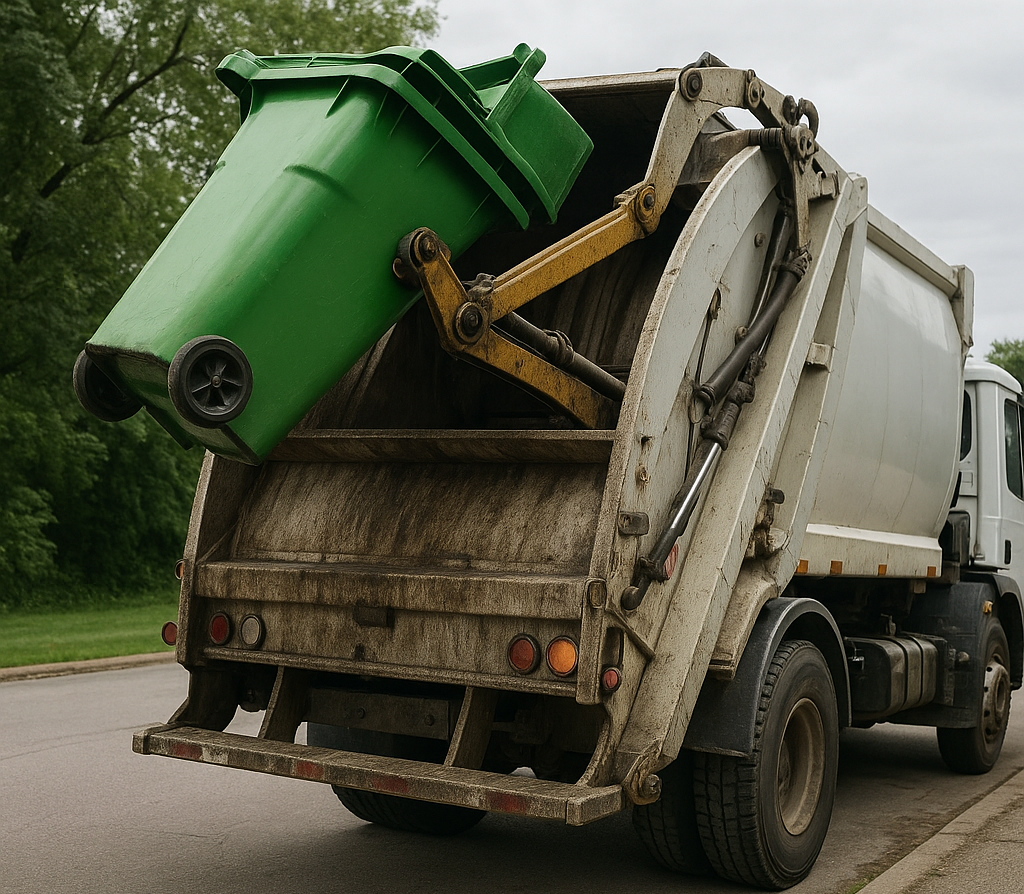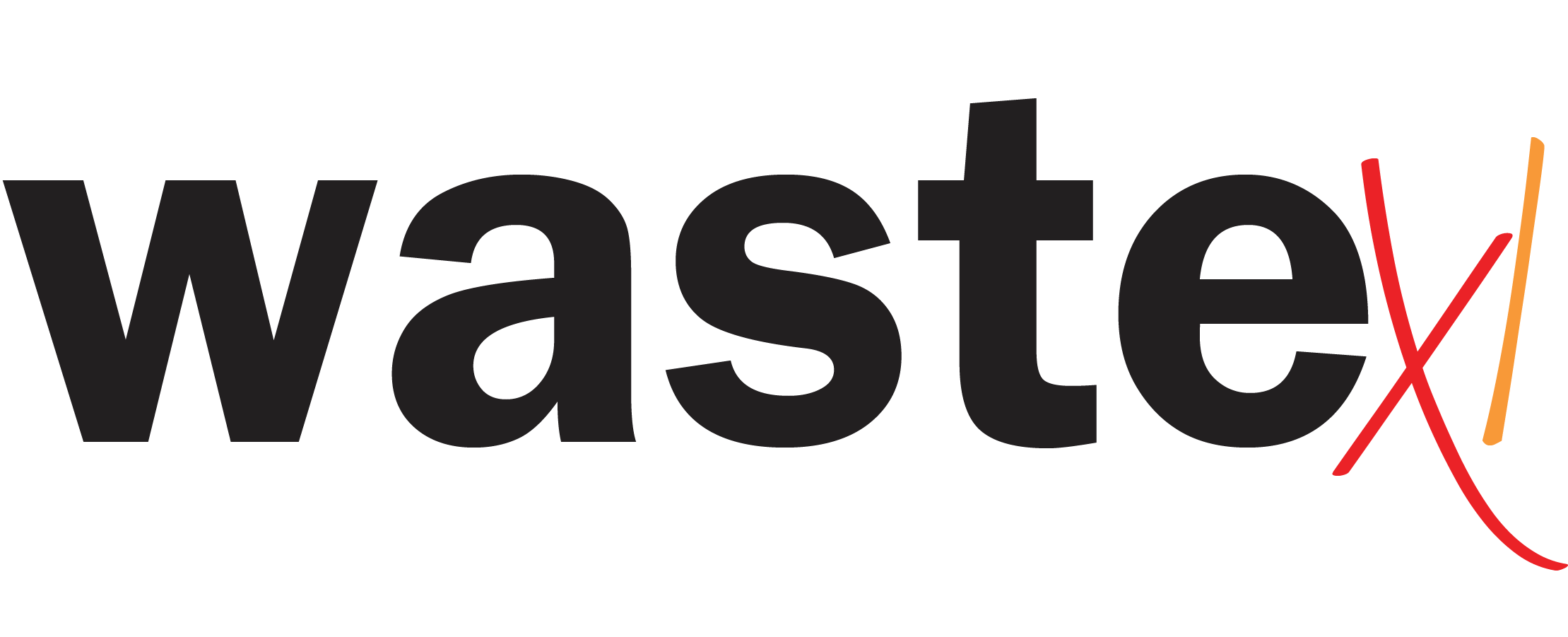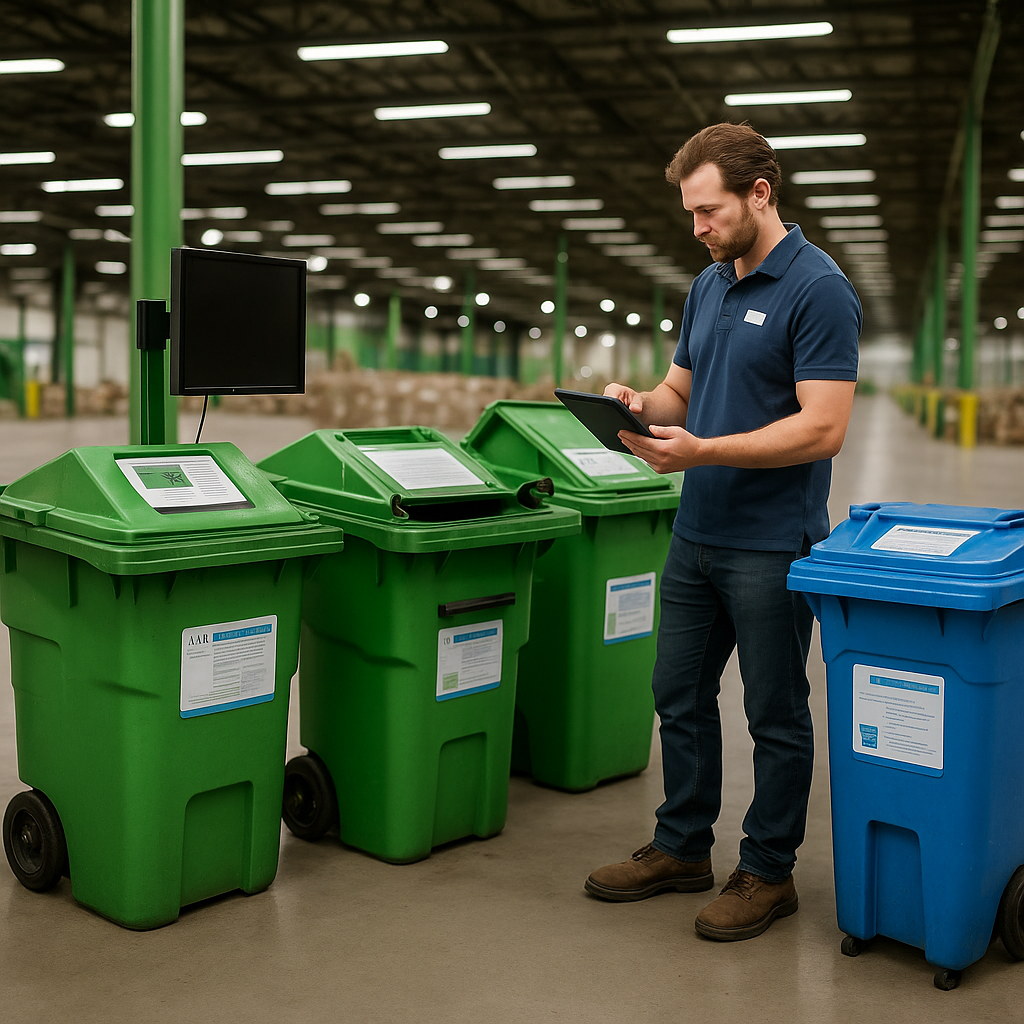
RFID in Waste Management
RFID technology has become a cornerstone of modern waste management systems, enabling precise tracking and efficient operations. By leveraging RFID, waste management companies can automate bin collection, improve data accuracy, and reduce errors. Among the available options, low-frequency and ultra-high-frequency (UHF) RFID systems are the most widely used. Each technology has distinct characteristics suited for specific applications, making it essential to understand their differences.

Why UHF RFID Is the Preferred Choice
Over the past two decades, UHF RFID has gained widespread adoption in waste management due to its flexibility and superior performance. Unlike low-frequency systems, UHF RFID provides a significantly longer read range—up to 8 meters—making it ideal for tracking bins during collection. The read range can also be adjusted by modifying the reader's power settings, offering greater control in specific applications.
One of UHF RFID's most significant advantages is its ability to read multiple tags simultaneously. This means that bins equipped with UHF tags can be automatically scanned and recorded as they are collected, streamlining operations and eliminating manual intervention.
UHF RFID tags are also passive, requiring no internal battery. They rely on energy transmitted by the RFID reader, which allows them to function reliably for over a decade—often outlasting the bins themselves. In compliance with ISO18000 Part C UHF standards, these tags are highly reliable and compatible with various systems, making them a future-proof choice for waste management operations.
Residential Bin Tags (Chip Nest)
New residential bins are often equipped with the 6M6103 UHF RFID tag, which is specifically designed to fit into the standard DIN 30745 chip nest socket. These tags are highly durable, offering long-term reliability for tracking and data collection. Their compatibility with advanced waste management systems ensures seamless integration, while their programmability allows customization to meet operational needs. Adilam provides specialized programming options and support for these tags, ensuring a smooth implementation process.
Retrofit Tags for Existing Bins
For waste bins already in use, retrofit solutions like the IQ PRO 750 and IQ PRO 800P tags provide an efficient way to modernize operations. These tags are pre-encoded with visible serial numbers, making field installation quick and straightforward. Once installed, they can be linked to specific properties in the database, enabling accurate tracking and billing. Retrofitting existing bins is a cost-effective way to upgrade waste management systems without the need for full bin replacement. Adilam offers guidance on programming and deployment to ensure the process is hassle-free.
Industrial Bin Tags
Industrial waste bins often require specialized tags due to their metallic construction and challenging environments. Tags like the EXO750 are designed to withstand these conditions while maintaining high performance. With read ranges of up to 8 meters or more (depending on reader power), these tags are ideal for tracking industrial bins over larger distances. Their rugged design ensures they can endure harsh environments, making them a reliable choice for industrial applications. For programming options and deployment methods, Adilam provides tailored solutions to meet specific operational needs.

